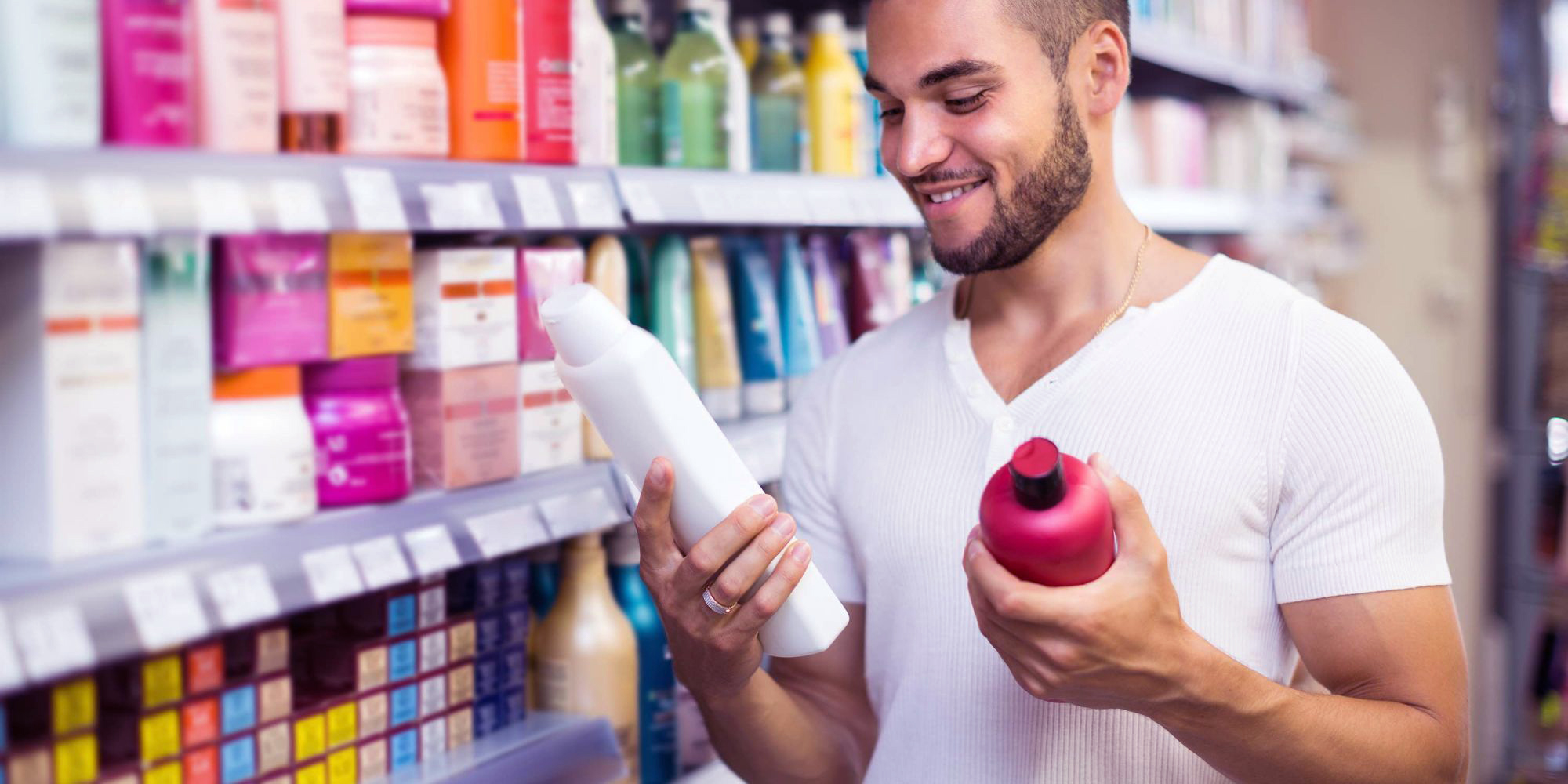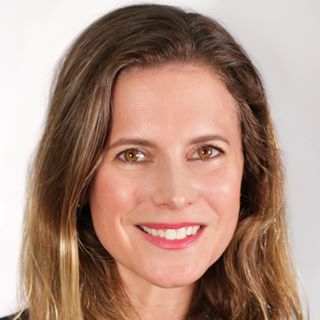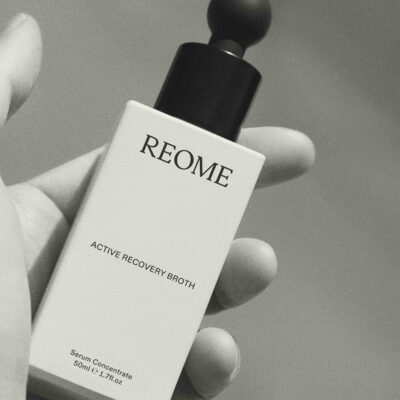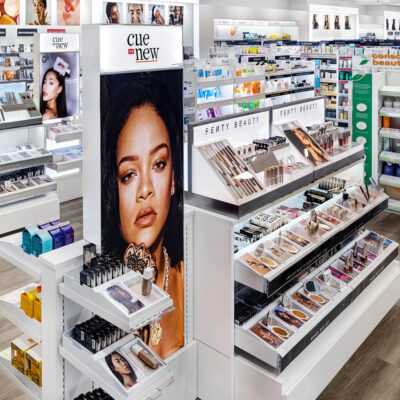
The Why Of The Y Chromosome: Indie Brand Founders Discuss The Challenges Of Marketing To Men
In this edition of Beauty Independent’s ongoing series posing questions to beauty entrepreneurs, we asked 11 founders and executives: What are the challenges you face aiming an indie brand at men?
- Zack Evar Co-Owner, Beau Brummell
The biggest challenge for us is the lack of awareness that men have towards personal care products. Many guys haven't tried products like ours before. Sure, they're used to using things like shaving cream and face wash, but the world of facial masks and scrubs is new to them. Secondary to that is a preference towards privacy when it comes to grooming. Our marketing strategy from the beginning has been one of education. We've taken the time to put together a great men's blog that covers topics like skin care, grooming, fashion, and more. To further benefit and gain the trust of potential users, we have always been very generous giving away free samples. This one-two punch gives guys the ability to educate themselves about our products in private and then try them out discreetly, all risk free. We are big believers that you get back what you put in, and we pride ourselves on earning the brand loyalty of our customers.
- Ada Trinh CEO and Co-Founder, Guise Etiquette
The most difficult challenge with selling to men is that they are more cautious and slow to trust. For large brands that are trying to break into this market, we've all seen them pour millions of dollars to execute a masculine or bro marketing campaign, and what oftentimes results is that men are made to look one-dimensional, simple-minded or even brutish. We aim to speak more directly and respectfully to men and earn their trust through a consistent content network that educates, entertains and empowers men to be, look and feel their very best. Once men have confidence that who you are and what you're offering is genuinely in their best interests and of the best craftsmanship and quality, then you're much more likely to be successful in selling them your products or service.
- Pat Parsi President and Founder, Billy Jealousy
I think the challenge of any brand is to find out what the brand is really selling below the surface. Harley Davidson ostensibly sells motorcycles, but what they are really selling is freedom, adventure and rebellion. The Ritz Carlton sells overnight lodging, but what they are really selling is an end-to-end luxury experience. With Billy Jealousy, we sell, of course, high-quality men’s grooming products. However, many brands lay claim to that same territory. When I looked at all the videos and social media posts we do, I realized we are a media company selling education and entertainment as it relates to our men’s grooming line. Customers always have their shields up. They are bombarded with marketing and advertising as in no time before in modern civilization. To figure out how to effectively pierce these shields and engage customers with content that they find both informative and entertaining is the ultimate goal of our brand. Sales will naturally follow from this marketing strategy.
- Josh Meyer CEO, Brickell Men's Products
One of the largest challenges that we face as an indie brand is awareness. While the market has grown rapidly, a large percentage of men still find the subject of skincare taboo. Not only are we tasked with finding customers, but we must also educate and re-educate them on the benefits of natural skin care products. To compound this issue, the men that find value in a grooming routine also tend to be private on the topic and, thus, growing through word of mouth or social media is very hard. We combat these obstacles by providing tremendous amounts of education through all of our marketing channels: Facebook, Youtube, Instagram, Twitter. We find that this strategy leads to sales and extremely high open rates for our content.
- Justin Wertz Founder, Dirty Dude Apothecary
The biggest challenge of running an indie beauty brand aimed at men is that it is a small yet saturated market. My brand still makes small batches with responsibly sourced ingredients, although my marketing strategy doesn’t bother to flaunt those selling points. I prefer to highlight the science and inspirations behind the choices I make when formulating. I guess, in short, honesty and transparency are my most powerful marketing tools.
- Stephen Shortt CEO, Hawkins & Brimble Ltd.
Like any beauty brand, creating a point of difference is key and that goes for men’s products as well. The challenge with men’s beauty is that the market is changing so fast as men become more focused on their appearance and skin. We chose to focus on being as natural as we could, carefully selecting the right fragrance, which took months, and creating the right packaging design with a really good London agency which would stand out on shelves. The results I am glad to say speak for themselves. We are in 15 counties and over 2,500 stores after only 10 months since launch.
- Andrius Vorobjovas Founder, Big Boy
The biggest challenge for us is finding affordable channels to communicate our message to our target group. Compared to the women’s market, there are very few media outlets dedicated to men's grooming, and there are very few men - again, compared to the female market - that take that specific interest. Therefore, we have to utilize the more general channels which makes our first conversion much more expensive. The big men's brands face the same problem, they just have more cash to solve it.
- Aston LaFon Co-Founder, 18.21 Man Made
Men are not a trend. Men are also not a new invention. But, we often get treated like one. There have always been men that take pride in their appearance, but the products they find don’t always make them feel special. Men’s grooming goods mostly share the same mundane characteristics. Does tea tree, peppermint or black and chrome packaging sound familiar? Our main challenge was to create a grooming experience that the society of men would would take pride in owning and be happy to share. Drawing inspiration from prohibition era bootlegging, we have been able to pair an uncommon product experience with a narrative centered around pride of ownership. Keeping true to prohibition era culture, we find that our customers have a speakeasy style of sharing our brand, which has resulted in this underground movement. But, that voice is getting louder now and it's shouting spoil him.
- Ryan Bear Founder, Winners
The main challenge we have faced running an indie beauty brand aimed at men has been getting the attention of our actual target demographic. I believe, in today's society, men are more open to grooming products than ever before, though they are not necessarily seeking them out. It's a very educational process. The first step is to identify the pain points our potential customers may have and make them aware of the problem they may be facing. Next is to educate these potential customers on how our products can solve that particular problem for them. Our marketing is a multifaceted approach that includes attending trade shows and events nationally and locally as well as paid advertising on social media and search engines. Another important piece to our marketing is teaming up with social influencers. This is a relatively new form of marketing so the ROI may be difficult to quantify. However, if you do your homework and utilize your network, it can be very effective. First, you have to make sure you have an absolute top quality product. After that, you should have the confidence to put it in front of anyone. My prior experience in professional baseball has led to Major League Baseball players endorsing our brand on their social media channels. This has helped tremendously for validating our brand and reaffirming customers with social proof. Regardless of what your background is, you are only a step or two away from getting in contact with the right people. This has been huge for us.
- Koh Kim Co-Founder, Evenprime
There are plenty of skincare lines out there, but the challenge for most men is that they really don’t know where to start. Our customers have never had a routine, so we want [to] provide them with a great foundation, which is why we launched the cleanser and moisturizer, the two basic steps a guy should do when it comes to skincare. Our marketing strategy is focused on education, with a hint of humor, while keeping our products simple, easy-to-understand and accessible. We’re all about building a community to understand men's motivations, preferences and behaviors to help them start a solid skincare routine, learn about their own skin and build the right products together.
- Roxy Finamor Founder and Formulator, FreeBird Organics
Honestly, I never thought in a million years that I'd ever be producing a men's skincare line. When I launched my brand, my main focus was simple and clean ingredients that were organic and vegan, continuing to provide access to products formulated with sensitive skin in mind. My target audience was women with skin concerns that wanted small batch, fresh ingredients and personal connection. When I started hosting pop-ups and workshops to bring FreeBird Organics to life, connecting my personal skin challenges to my own community's experiences, I began hearing from more and more women who were shopping for their husbands and significant others. I saw a peaking interest in skincare for men, that there wasn't enough product out there that was formulated by hand, that didn't use artificial fragrances, that focused on their itchy dry skin and clogged pores, not just styling their hair. I saw an opportunity. My strategy was to study not only men's buying habits, but women's as well. What were they looking for? What couldn't they find? Why aren't other brands working? I worked closely with my boyfriend, who had many skin concerns of his own, especially under his coarse beard and facial hair. My formulation developed listening to what he did and didn't like about other brands he was previously purchasing. He never found anything that worked, or had too many steps, or smelled great but wasn't seeing his skin clear up. The biggest challenge was to visually stay true to the look of the branding but deliver a line that men felt comfortable purchasing on their own. Ensuring that it's more than just a focus on styling their facial hair, that it's even for men that keep a clean shave. The idea was to keep it simple, to work with any guys schedule and current routine, with just three items: a wash, an oil, and a balm. Men are looking for ways to condense their time in front of the mirror, where women can be the opposite at times. That is why I wanted to create great products that they can use from day one, without the need for a plethora of steps to get ready in the morning. I want to provide them with products that encourage them to have a simple skincare routine that helps them feel great and conquer their day.
If you have a question you’d like Beauty Independent to ask beauty entrepreneurs, please send it to editor@beautyindependent.com.






Leave a Reply
You must be logged in to post a comment.